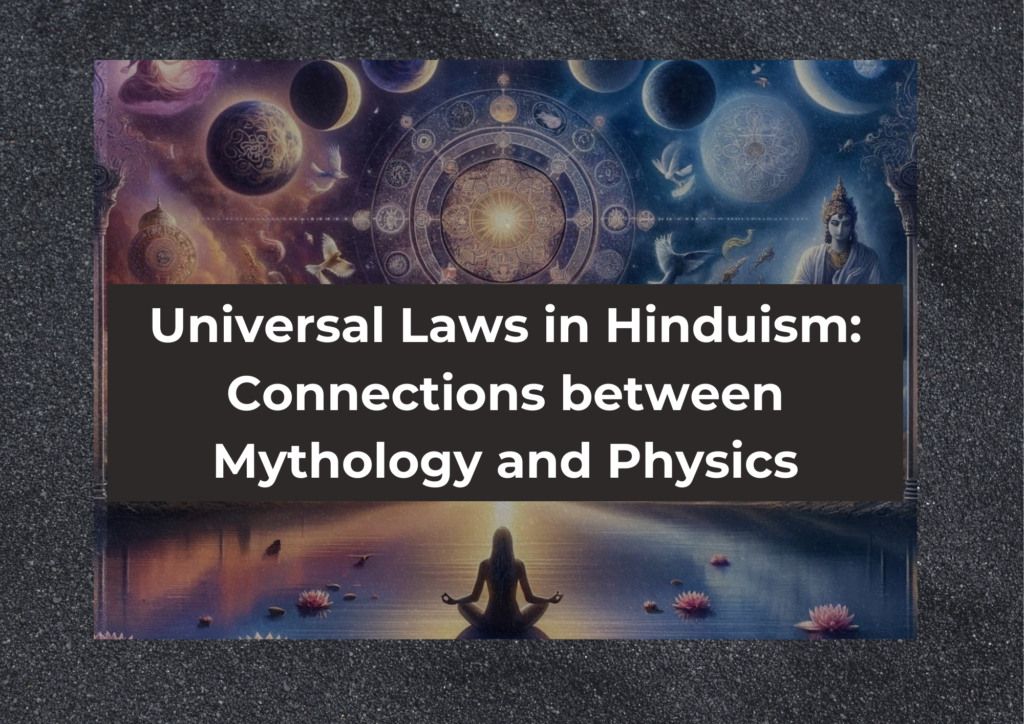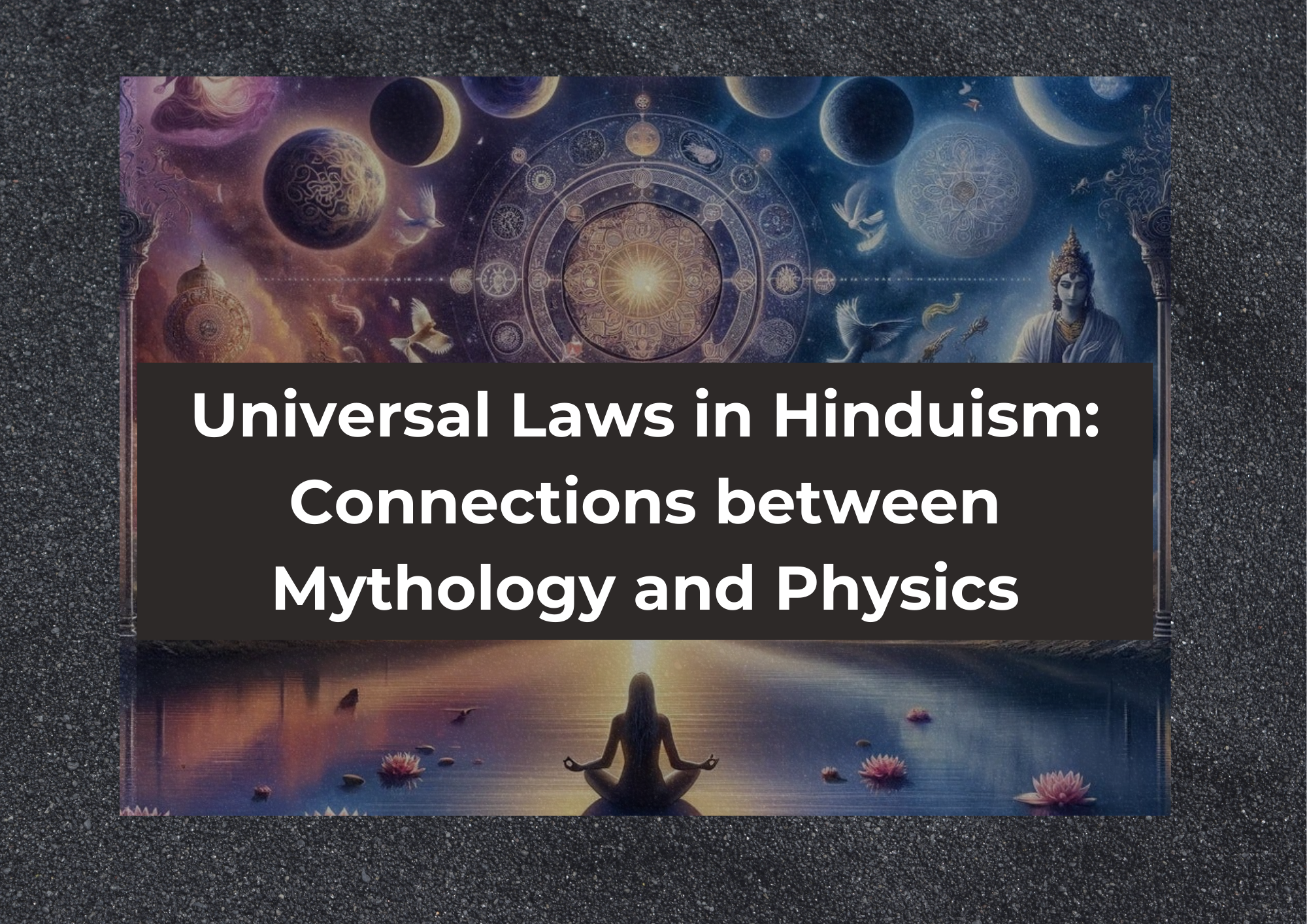
Physics and mythology may seem like two completely unrelated fields, but upon closer inspection, it becomes clear that they share many common themes and ideas. In both disciplines, there is a fascination with understanding the fundamental principles that govern the universe and everything within it.
In Hindu mythology, the concept of universal laws is deeply ingrained. One of the most fundamental principles is the concept of dharma, which refers to the cosmic order or law that governs the universe. Dharma is believed to maintain the stability and harmony of the cosmos, ensuring that everything functions according to divine will. Similarly, in physics, there are laws such as Newton’s laws of motion, the laws of thermodynamics, and the theory of relativity, which describe the fundamental principles that govern the behavior of matter and energy in the universe.
Another important concept in Hindu mythology is the idea of karma, which is the law of cause and effect. According to Hindu belief, every action has consequences, and these consequences determine the course of one’s life and future reincarnations. This idea bears a striking resemblance to the law of conservation of energy in physics, which states that energy cannot be created or destroyed, only transformed from one form to another.
In Indian physics, particularly in the ancient texts known as the Vedas, there are numerous references to the interconnectedness of all things and the underlying unity of the universe. The concept of Brahman, the ultimate reality or cosmic consciousness, is central to Hindu philosophy and is often compared to the unified field theory in physics, which seeks to explain all the fundamental forces of nature within a single theoretical framework.
In conclusion, the connections between mythology and physics are fascinating and offer valuable insights into the nature of reality. Whether exploring the concept of universal laws in Hindu mythology or studying the fundamental principles of physics, both disciplines seek to unravel the mysteries of the universe and our place within it. By examining the parallels between these two fields, we can gain a deeper understanding of the fundamental principles that govern the cosmos and our existence within it.
I’m participating in #BlogchatterA2Z
https://www.theblogchatter.com

No responses yet